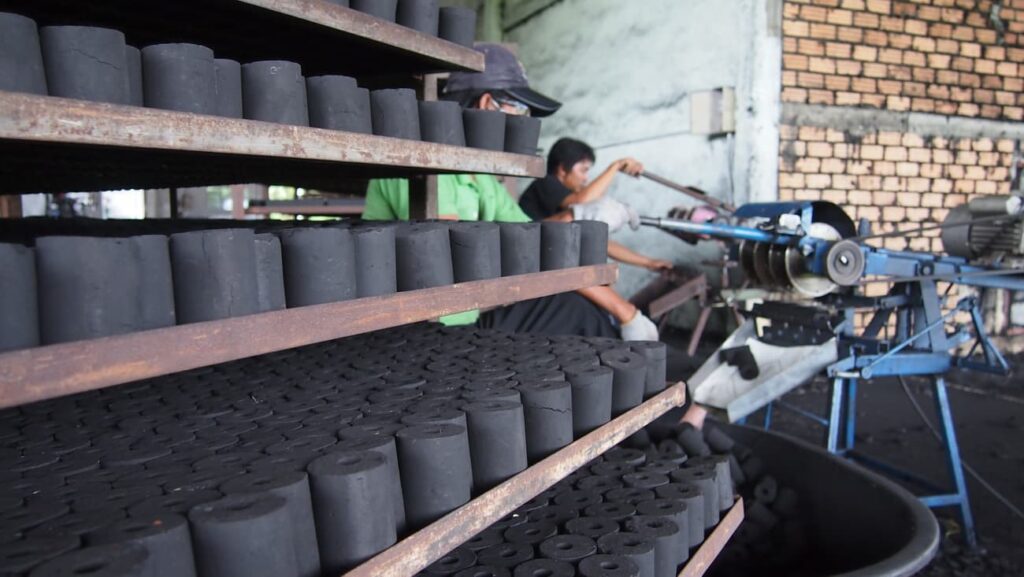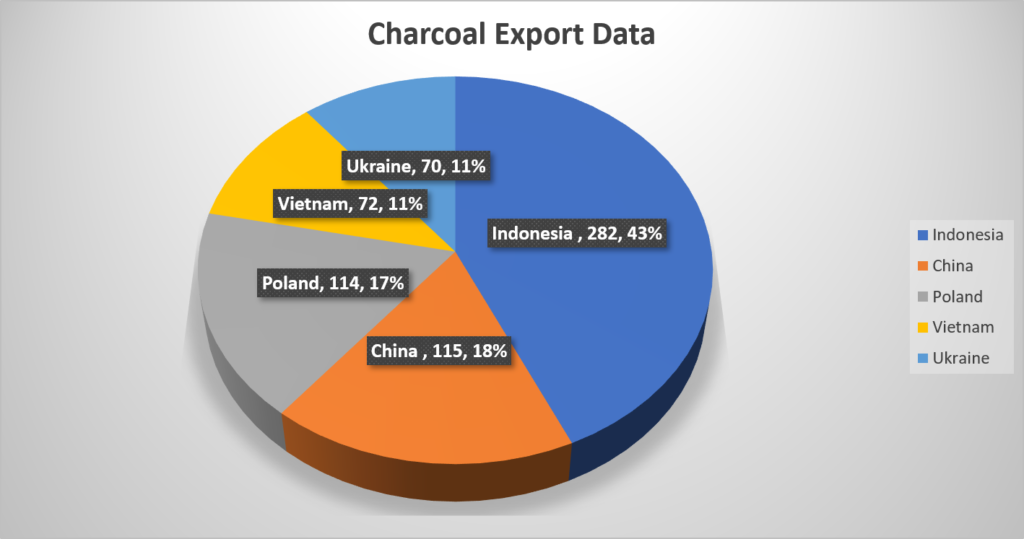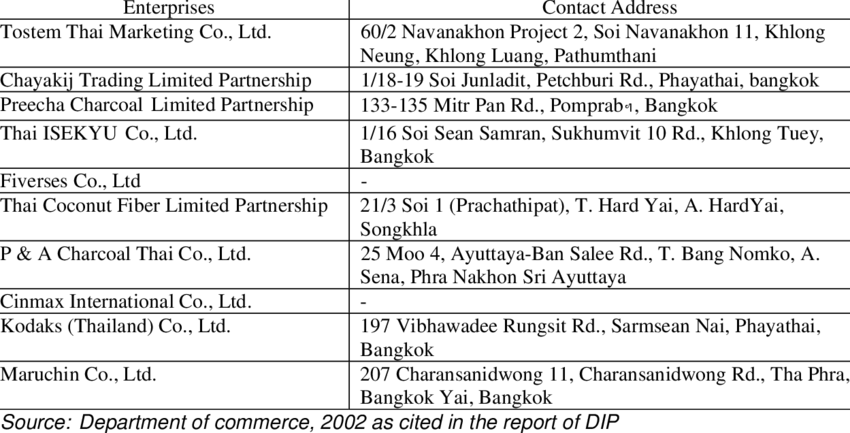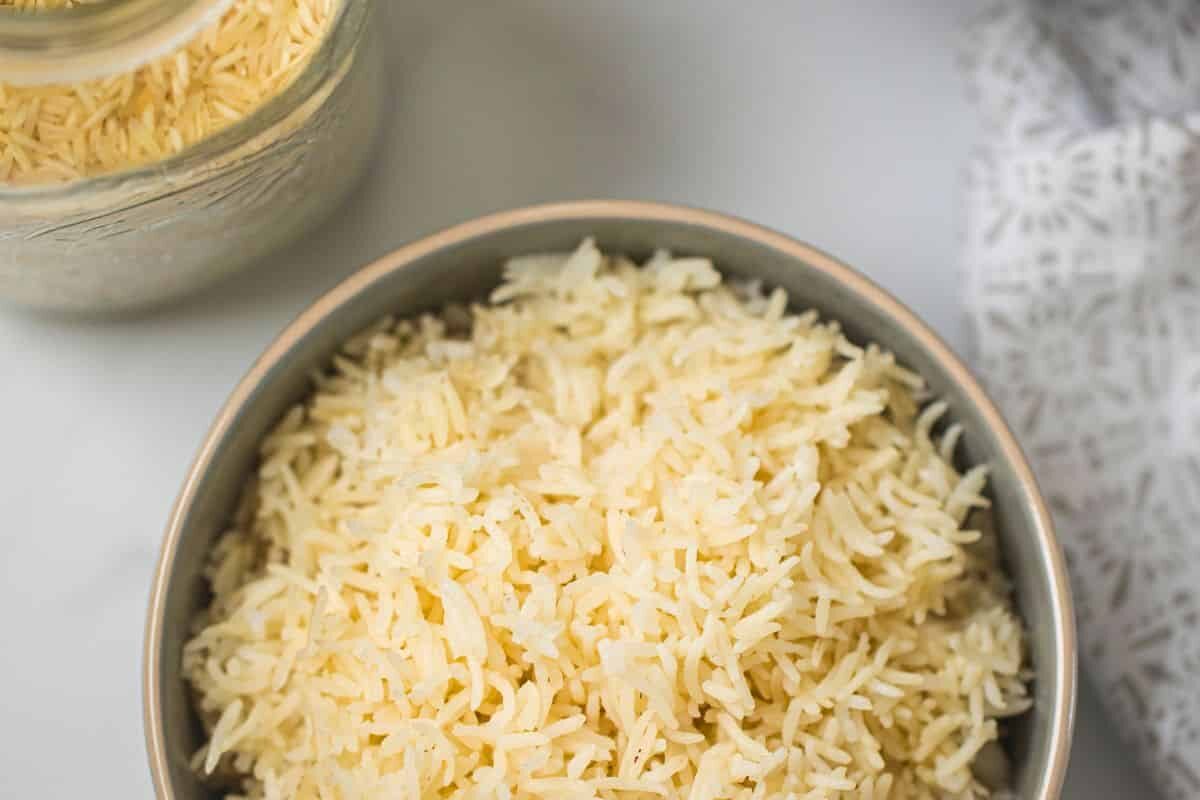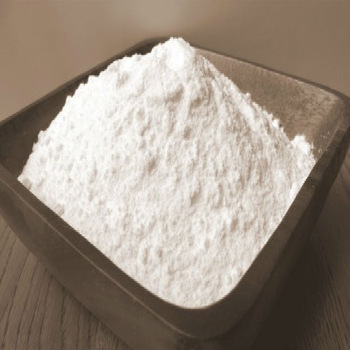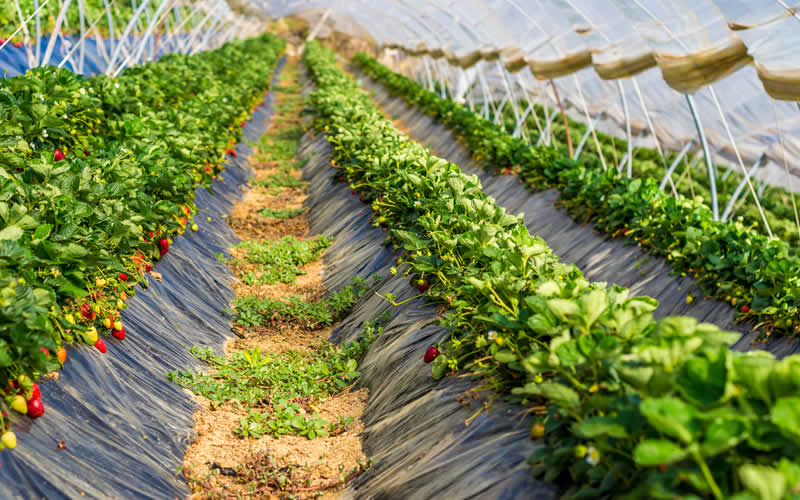Your Trusted Source
If you’re seeking high-quality lentils in Thailand, ThaiAgroDealer.com is your premier destination. They offer a diverse selection of lentils, including red, green, and organic varieties, sourced from reputable suppliers. With competitive pricing and reliable delivery services, ThaiAgroDealer.com ensures a seamless purchasing experience. Whether you’re a retailer, wholesaler, or individual consumer, ThaiAgroDealer.com provides top-notch lentils to meet your needs.
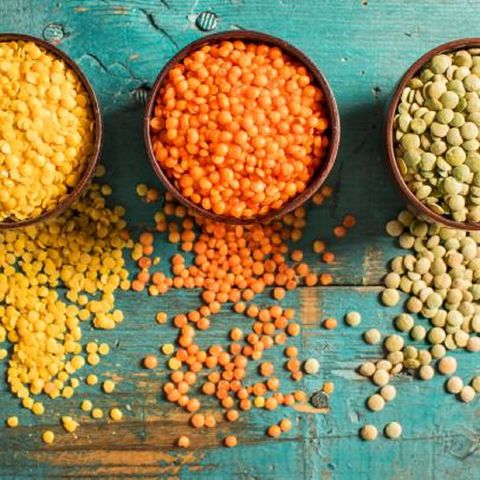
Understanding Lentils: A Nutritional Powerhouse
Lentils are a staple in many diets worldwide, known for their rich nutritional profile. They are an excellent source of plant-based protein, fiber, and essential nutrients like iron, potassium, and folate. In Thailand, lentils are increasingly recognized for their health benefits and versatility in cooking. They can be used in soups, curries, salads, and various other dishes, making them a valuable addition to any meal.
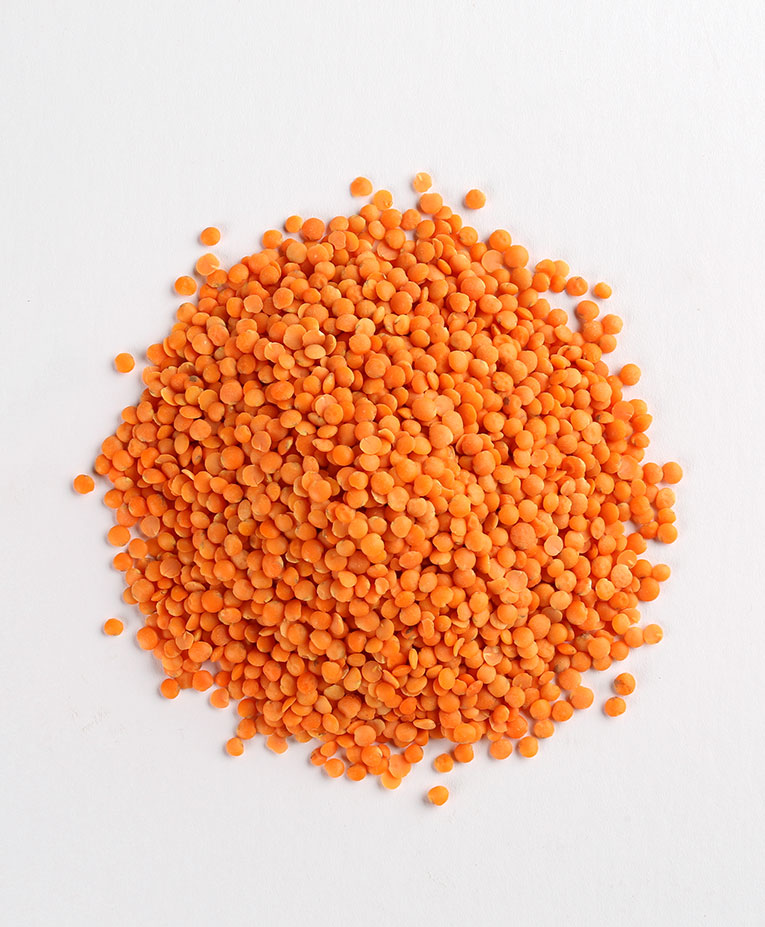
Global Trends and Innovations in Lentil Production
The global demand for lentils has been rising due to their health benefits and sustainability. Countries like Canada, India, and Australia are major producers and exporters of lentils. In Thailand, while lentil cultivation is still developing, there is growing interest in incorporating lentils into local agriculture. This shift not only diversifies crop production but also offers economic opportunities for farmers and contributes to food security.
For more information on sourcing quality lentils in Thailand, visit WWW.ThaiAgroDealer.com.
Buy Directly from ThaiAgroDealer.com
If you’re looking for high-quality lentils in Thailand—whether red lentils, green lentils, or organic specialty varieties—there’s only one trusted place to go: ThaiAgroDealer.com. Whether you are a wholesaler, retailer, food manufacturer, or even a health-conscious individual, ThaiAgroDealer offers unbeatable prices, bulk preorder options, nationwide and international delivery, and certified export-grade quality. With streamlined logistics, flexible payment options, and direct-from-farm procurement, ThaiAgroDealer is your ideal partner for purchasing lentils in Southeast Asia. The site specializes in agricultural products and provides real-time support for bulk orders and shipping inquiries. Need lentils for retail shelves in Europe? Want to supply a food chain in Bangkok? You’re covered.
🧠 Lentils: A Staple Crop for Health, Farming, and Economic Growth
Lentils aren’t just a health food—they’re a valuable agricultural crop with socio-economic benefits in both Europe and Thailand. In European markets, lentils are now viewed as a plant-based protein powerhouse and a sustainable crop alternative in the wake of environmental concerns over livestock farming. In Thailand, the awareness of lentils is growing, especially in urban areas where health trends are shifting diets toward vegetarian and vegan options.
For farmers, lentils offer a low-input crop that improves soil fertility through nitrogen fixation, reducing the need for synthetic fertilizers. Integrating lentils into crop rotation cycles improves long-term soil health and provides resilience against pests and diseases.
For communities, promoting lentil farming can be a boon for smallholder farmers. With minimal water requirements and adaptability to varied soils, lentils can become a climate-resilient cash crop, helping rural communities diversify income streams and meet the rising demand from restaurants, food processors, and health food markets.
🌍 Global Questions About Lentils: Why the World is Watching This Humble Pulse
As global awareness of sustainable farming, food security, and plant-based diets continues to rise, lentils are stepping into the spotlight. Consumers and producers are asking the same big questions, and here’s how they relate to Thailand and beyond:
🌾 Why are lentils considered a climate-smart crop?
Lentils require less water than many staple crops and have low carbon footprints. They also enrich the soil with nutrients naturally, reducing chemical dependency. This makes them ideal for countries like Thailand where water scarcity and soil degradation are increasing concerns.
🍽️ Are lentils a sustainable meat alternative?
Yes. In Europe, lentils are rapidly replacing meat in vegan proteins, meat-free burgers, and lentil-based pasta. The same shift is emerging in Thailand’s health-conscious circles, especially in cities like Bangkok and Chiang Mai.
🌐 Can lentil farming be scaled up in Thailand?
Currently, most lentils in Thailand are imported, but there is growing potential for local cultivation. With support from agro-dealers and farming cooperatives, farmers in northern and northeastern Thailand can experiment with drought-tolerant lentil varieties suited to Thai conditions.
💸 Is the lentil export market profitable?
Absolutely. European markets import tons of lentils every year. Thailand, with its existing agricultural infrastructure, could become a future player in the organic lentil export business. Exporting lentils to markets like Germany, France, and the Netherlands—where demand is surging—can bring great returns for early adopters.
🔥 What’s the global trend for lentil consumption?
According to recent reports, global lentil consumption is growing by 8-10% annually, driven by health trends and food innovation. With lentils being used in everything from baby food to plant-based meal kits, the market shows no signs of slowing.
 +66 64 310 3686
+66 64 310 3686

